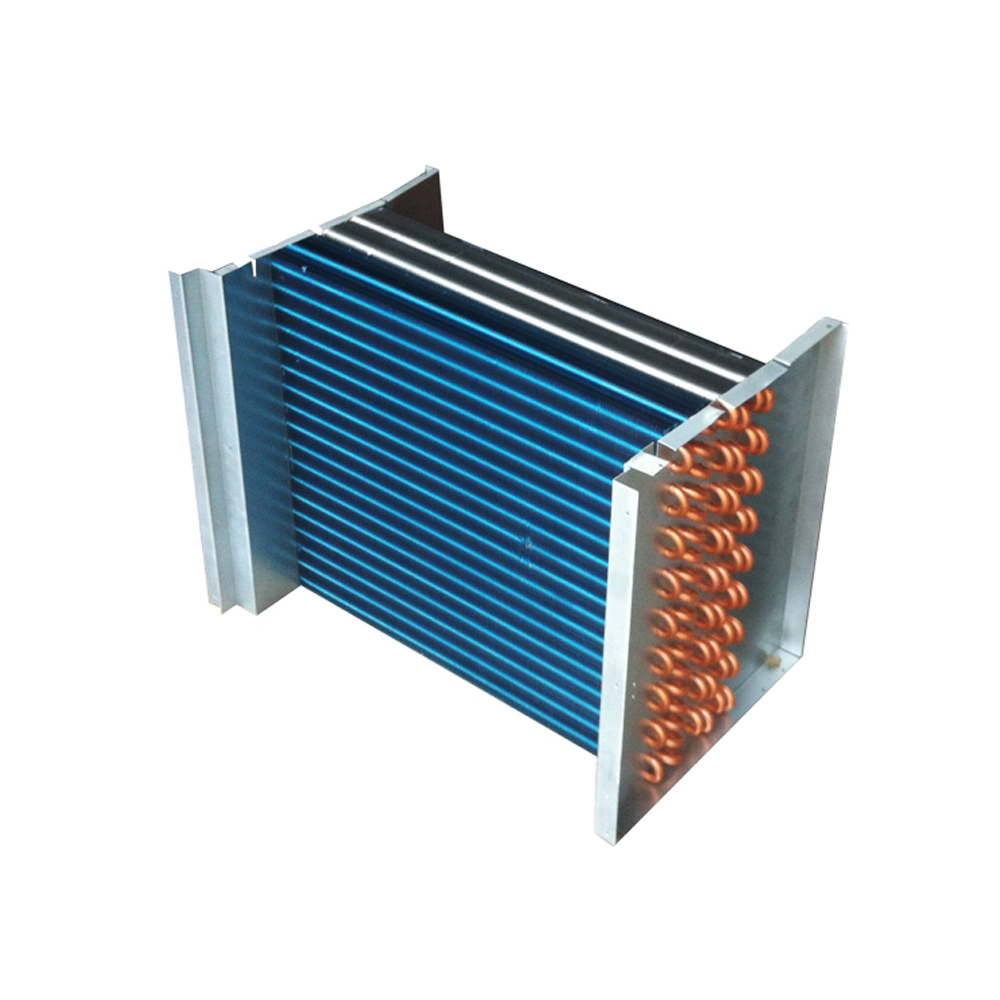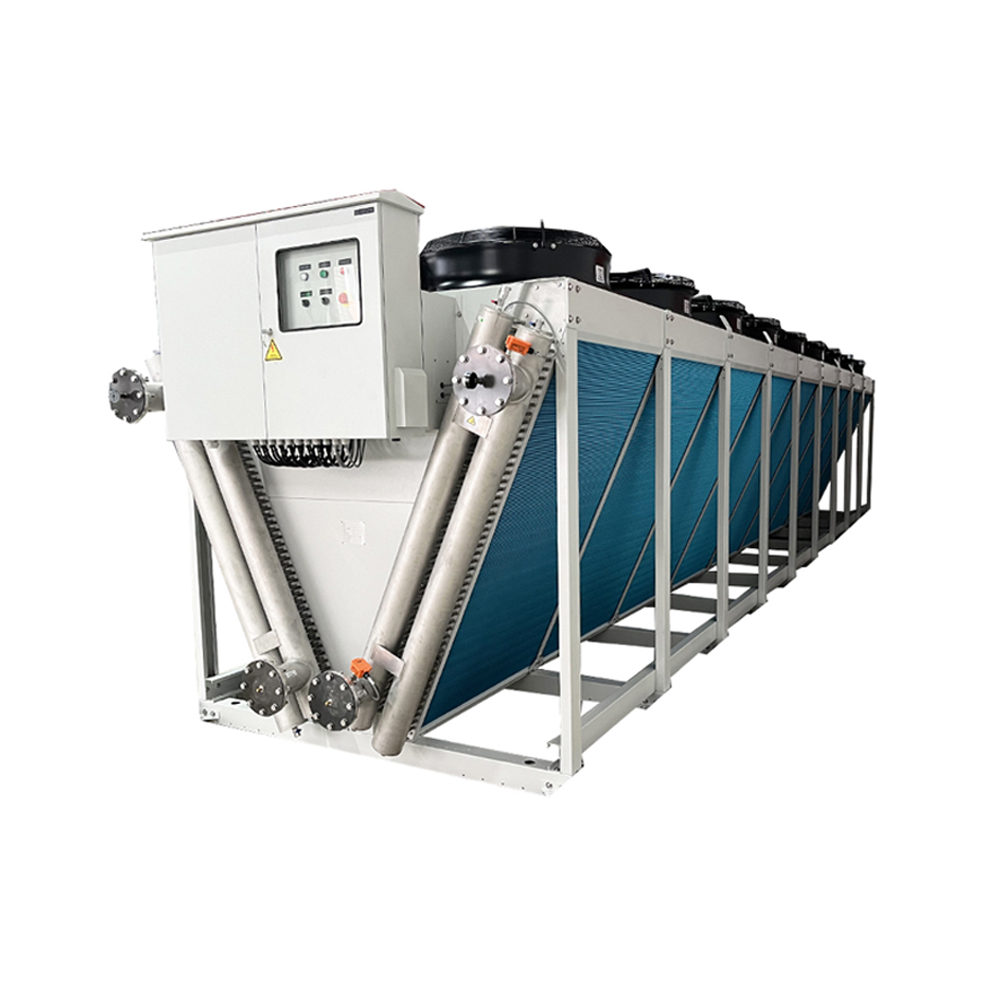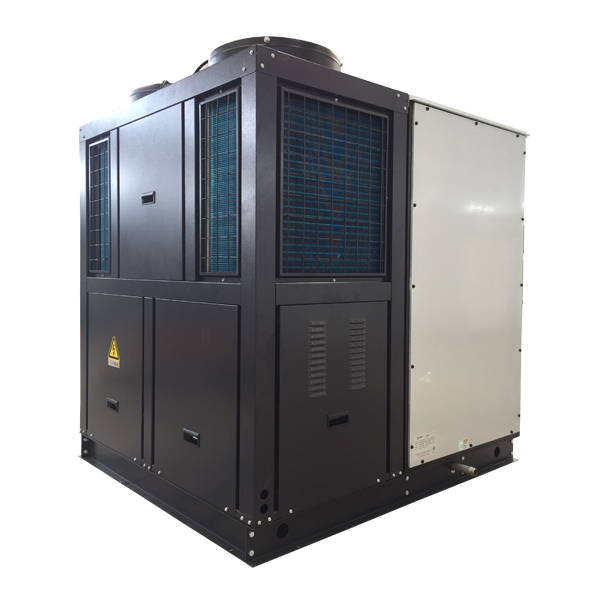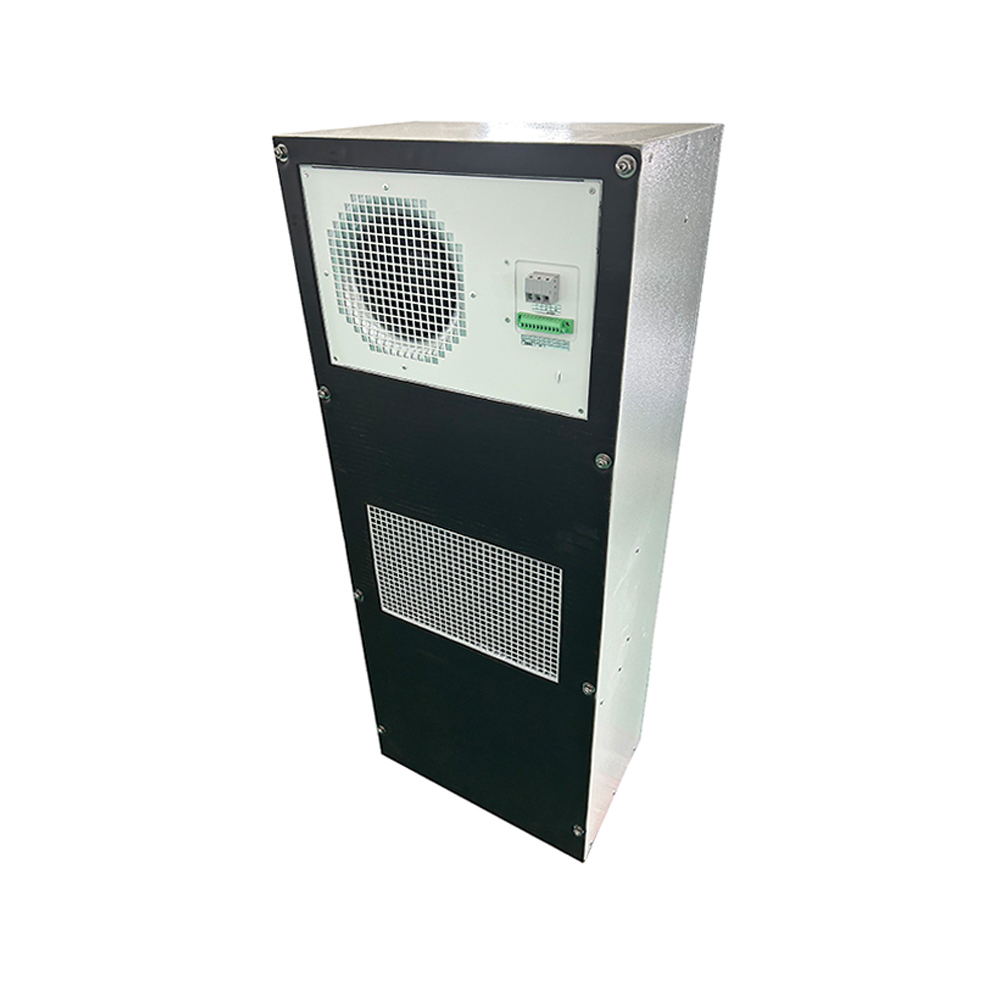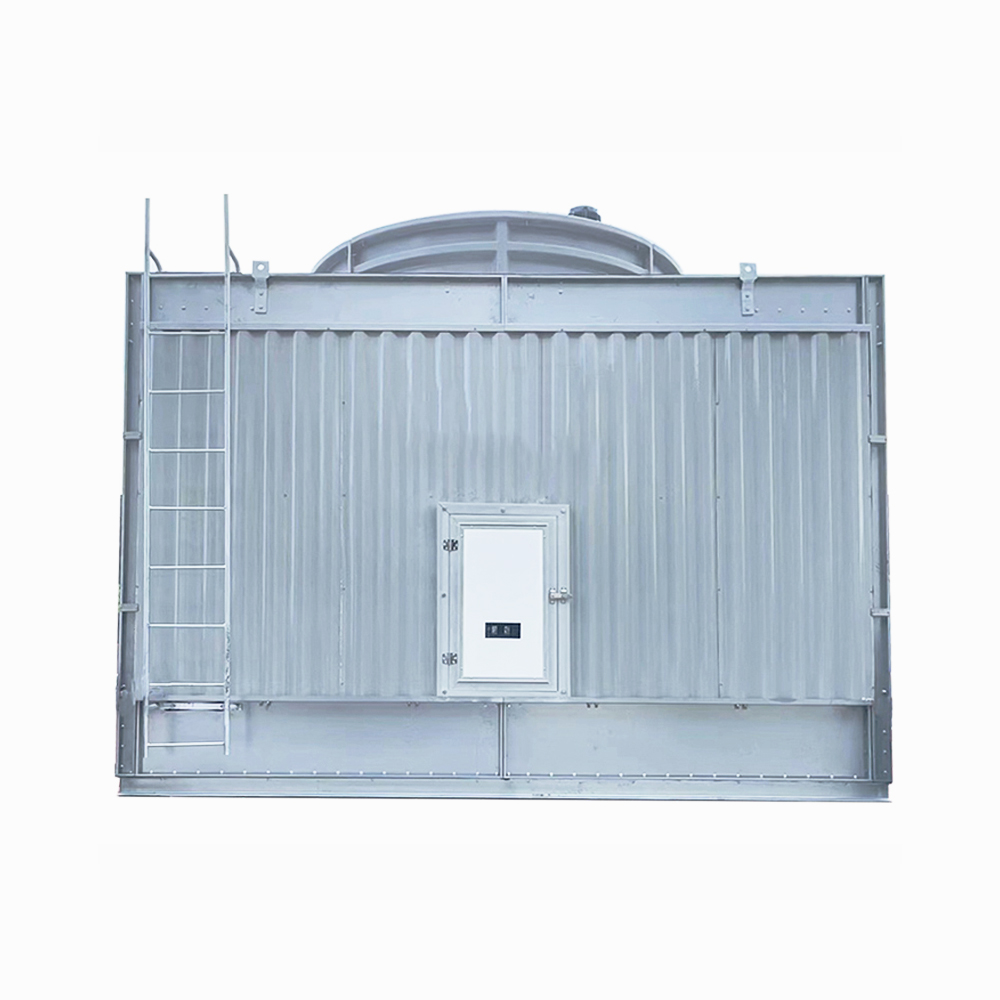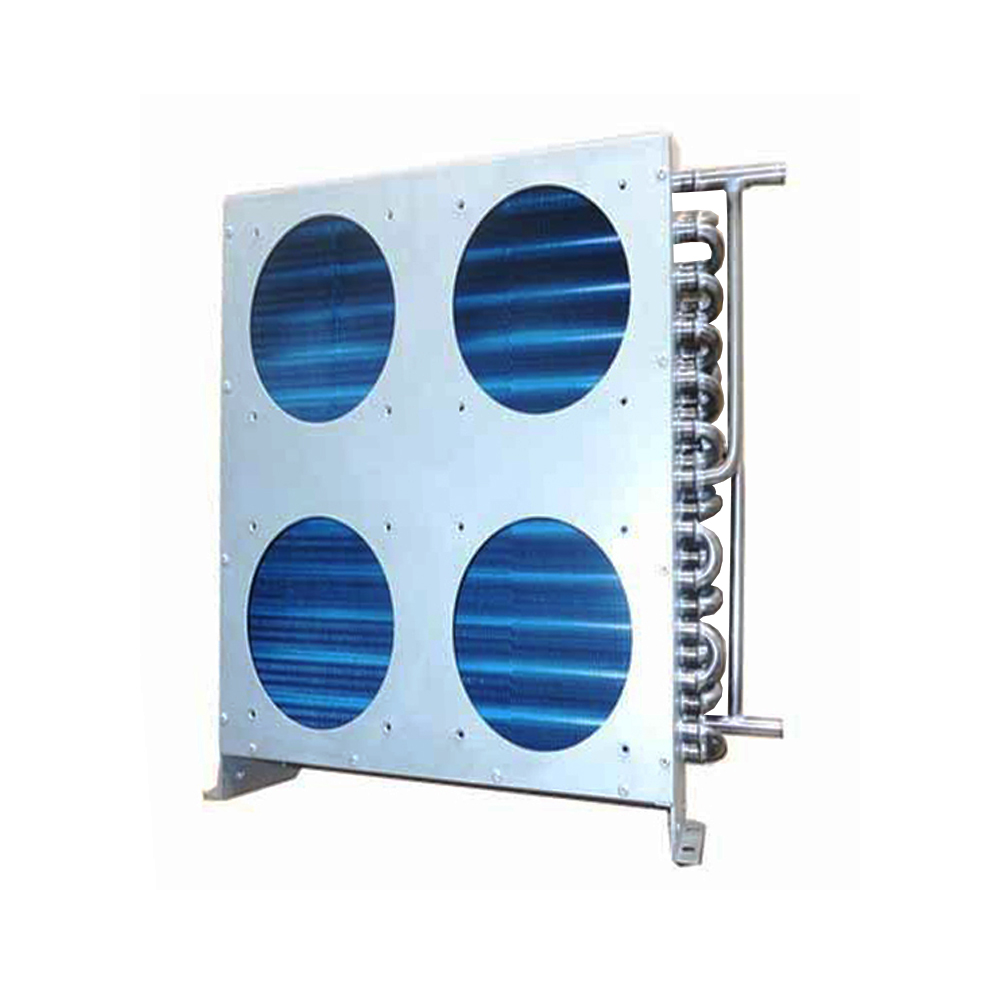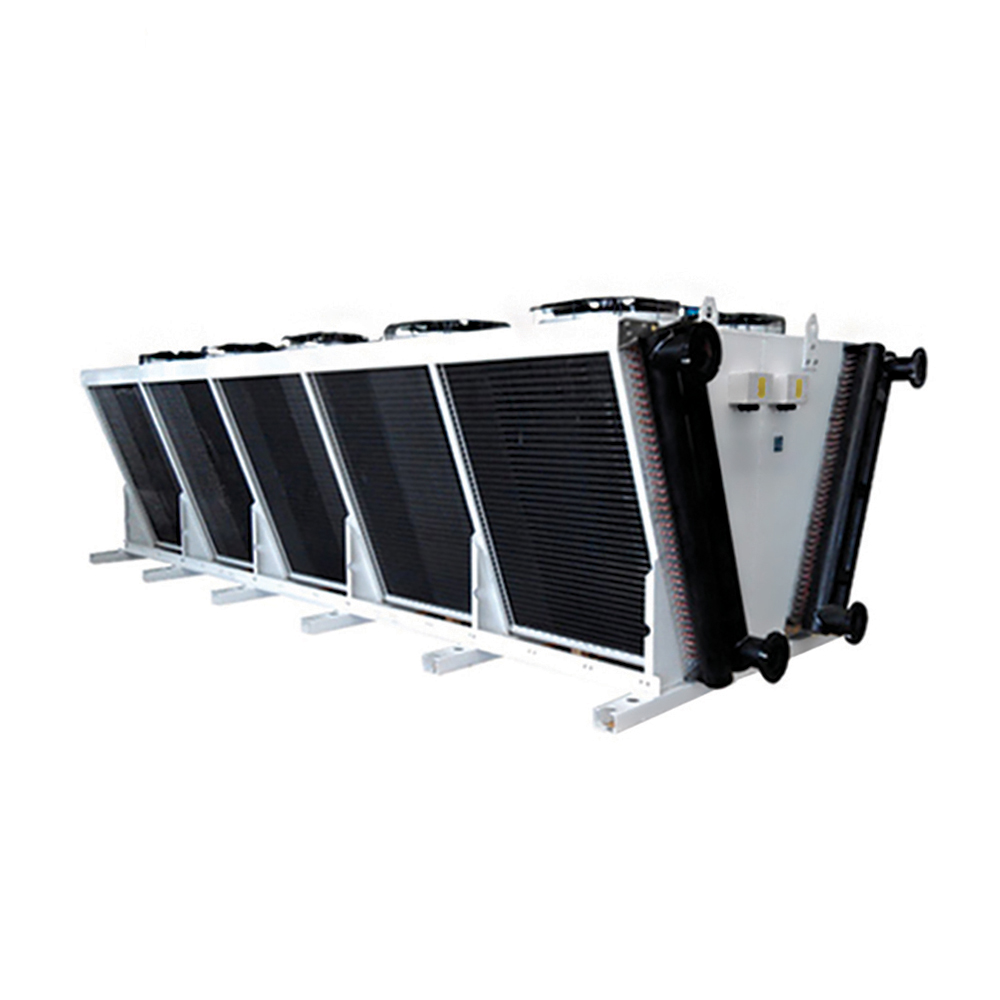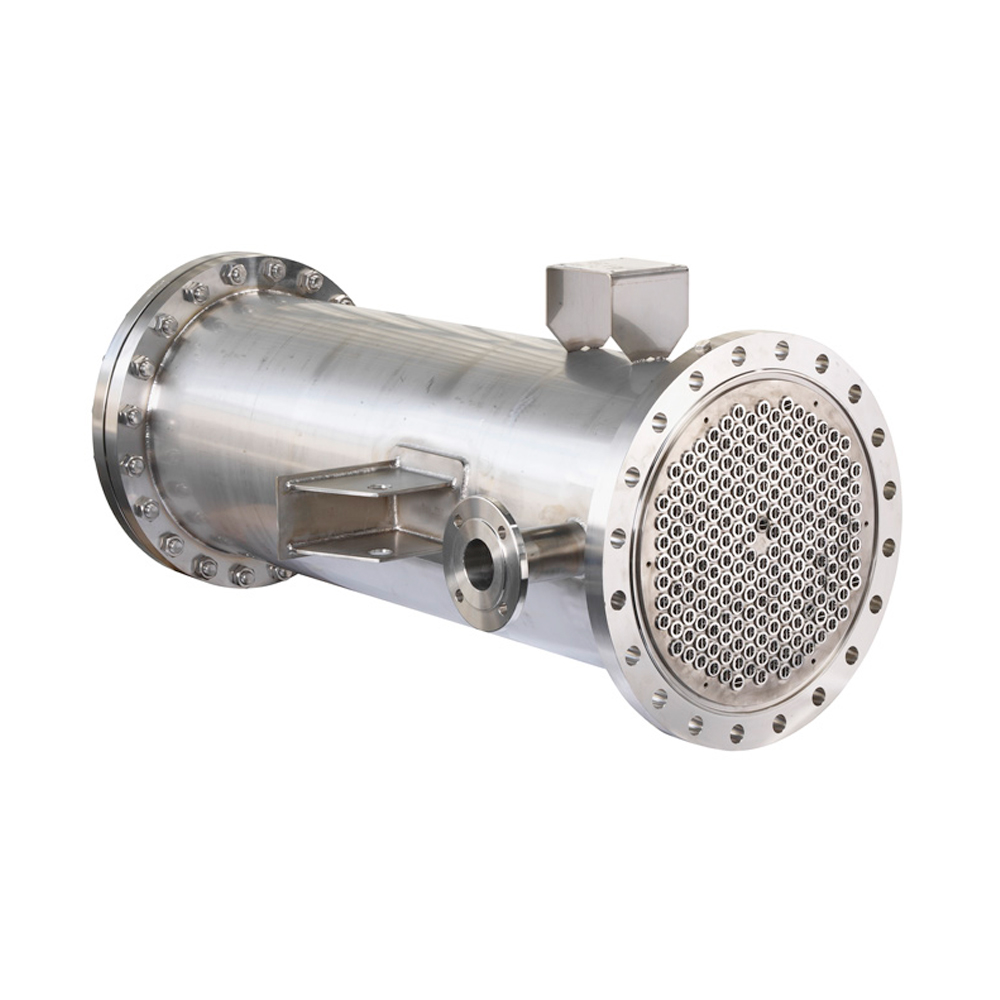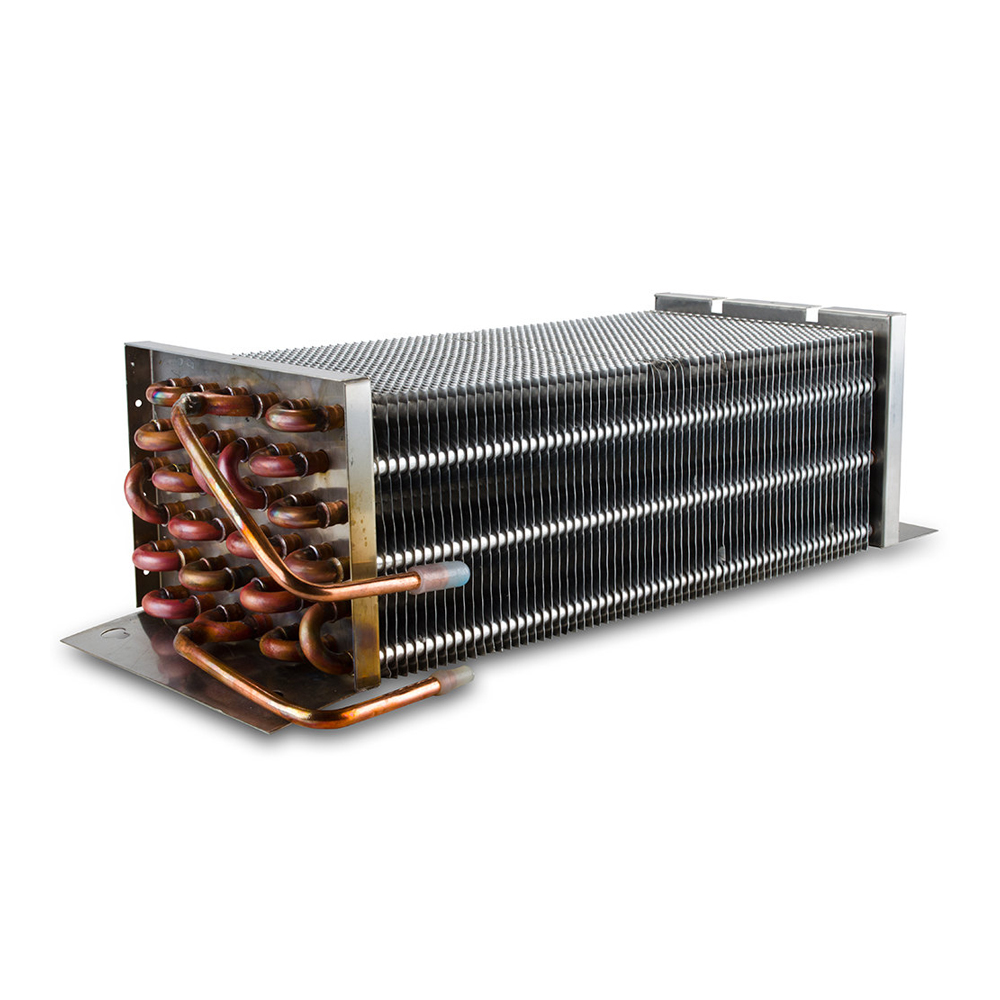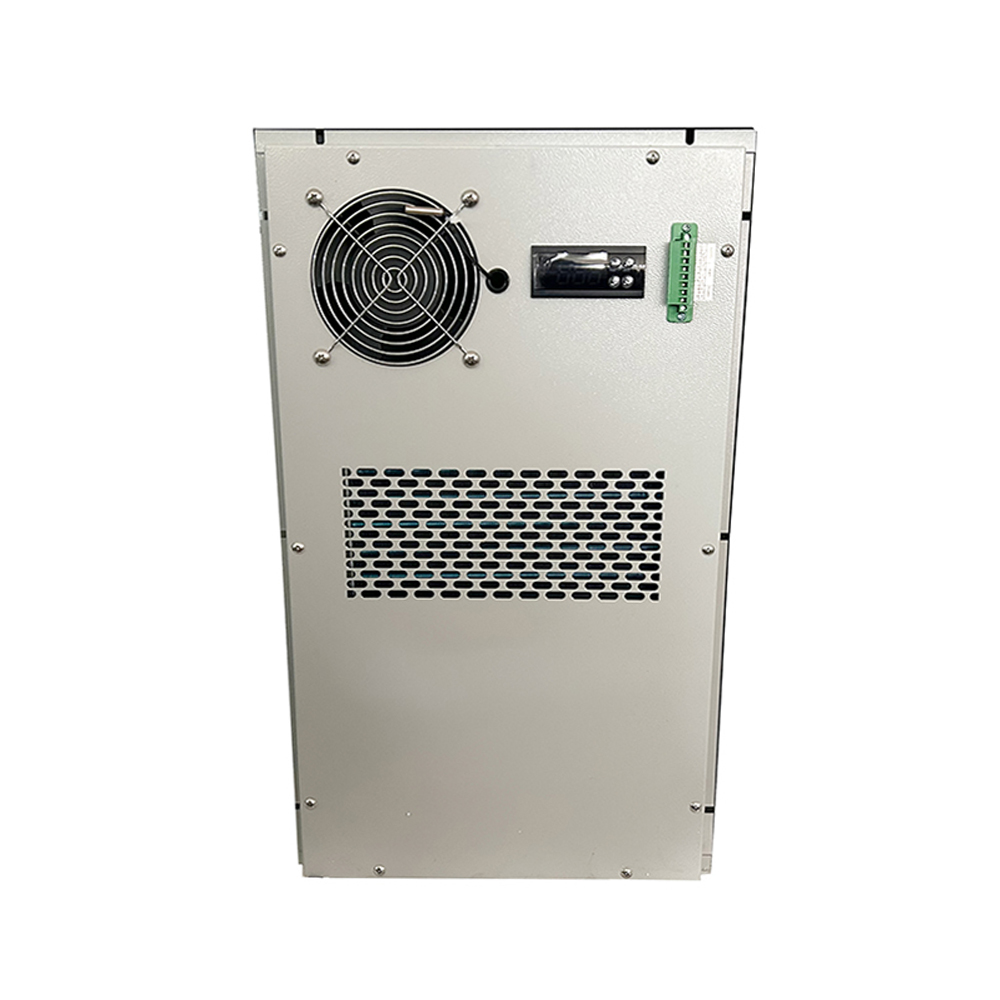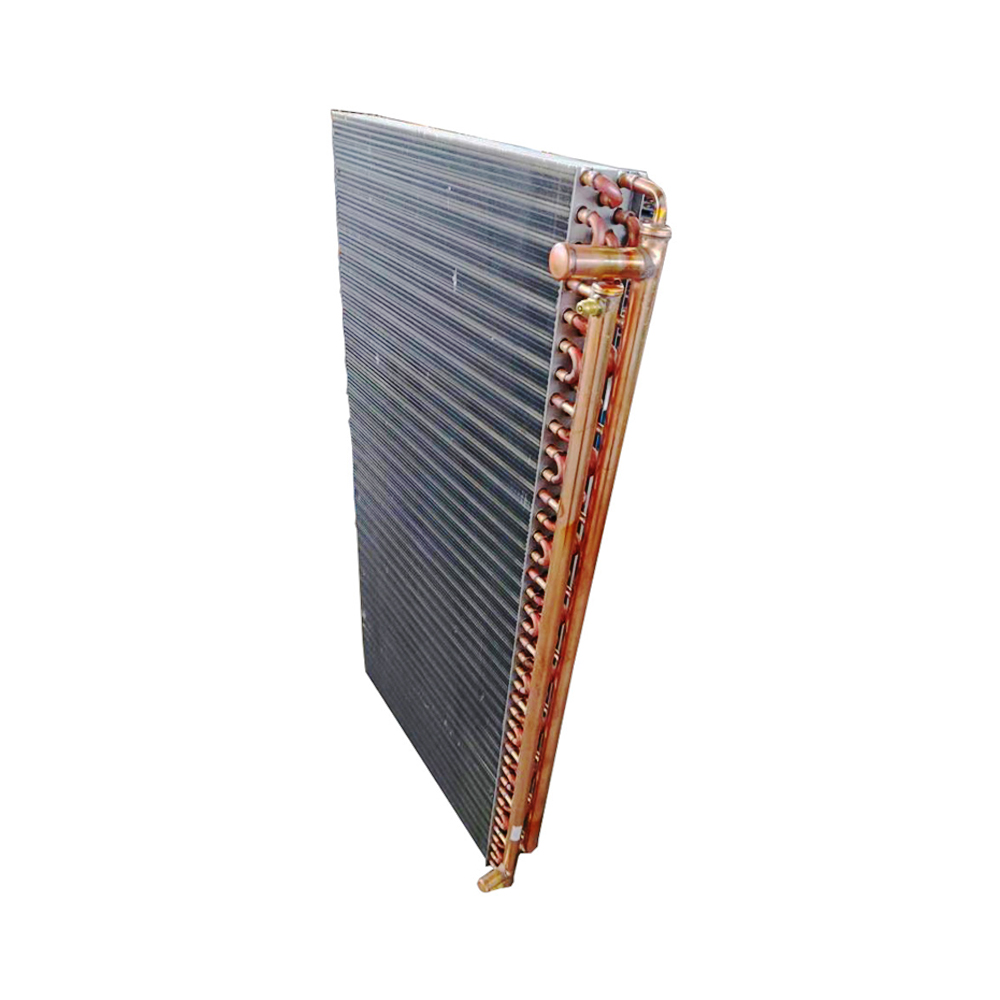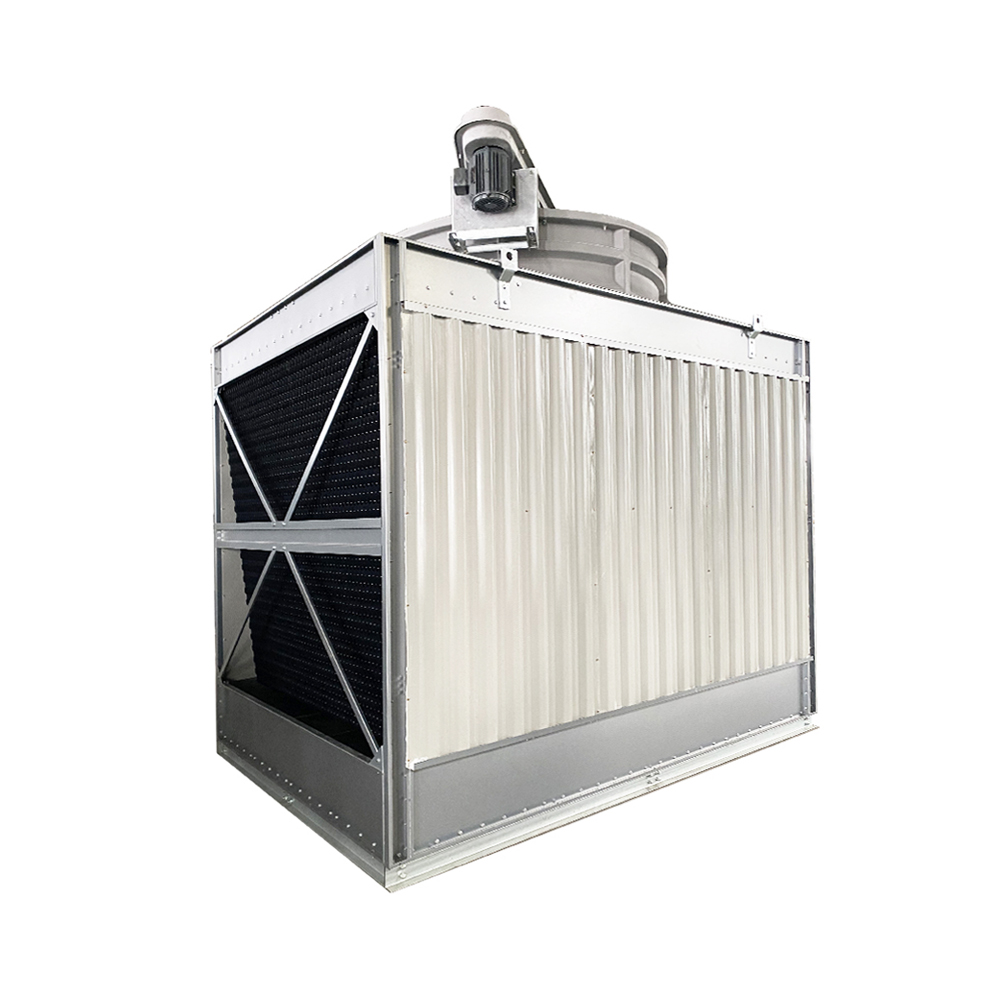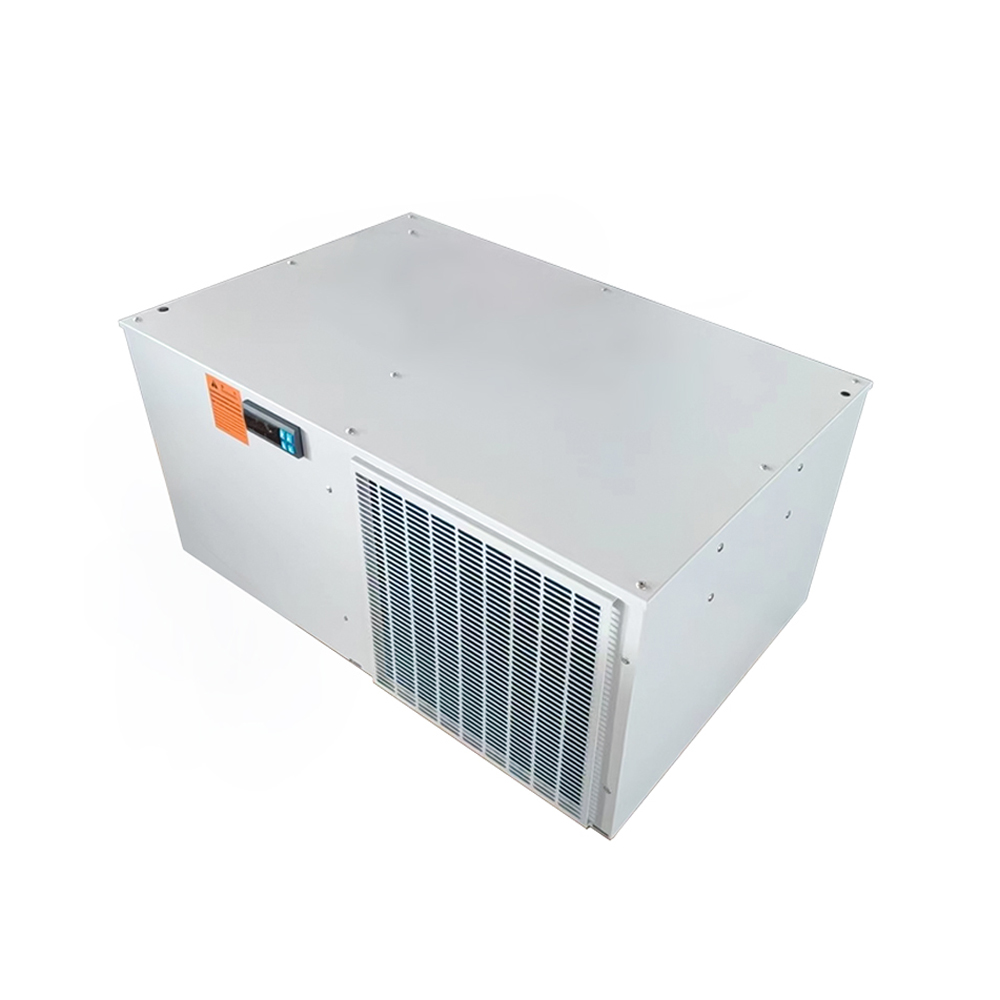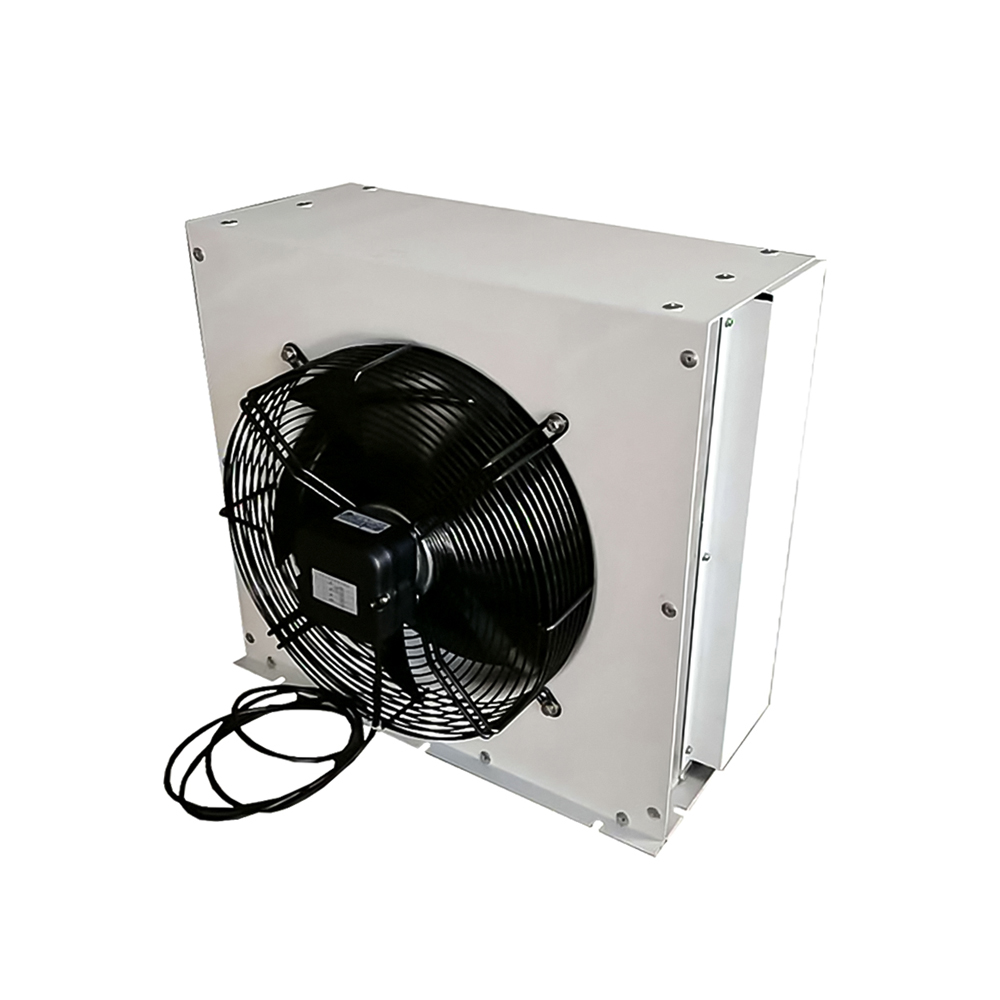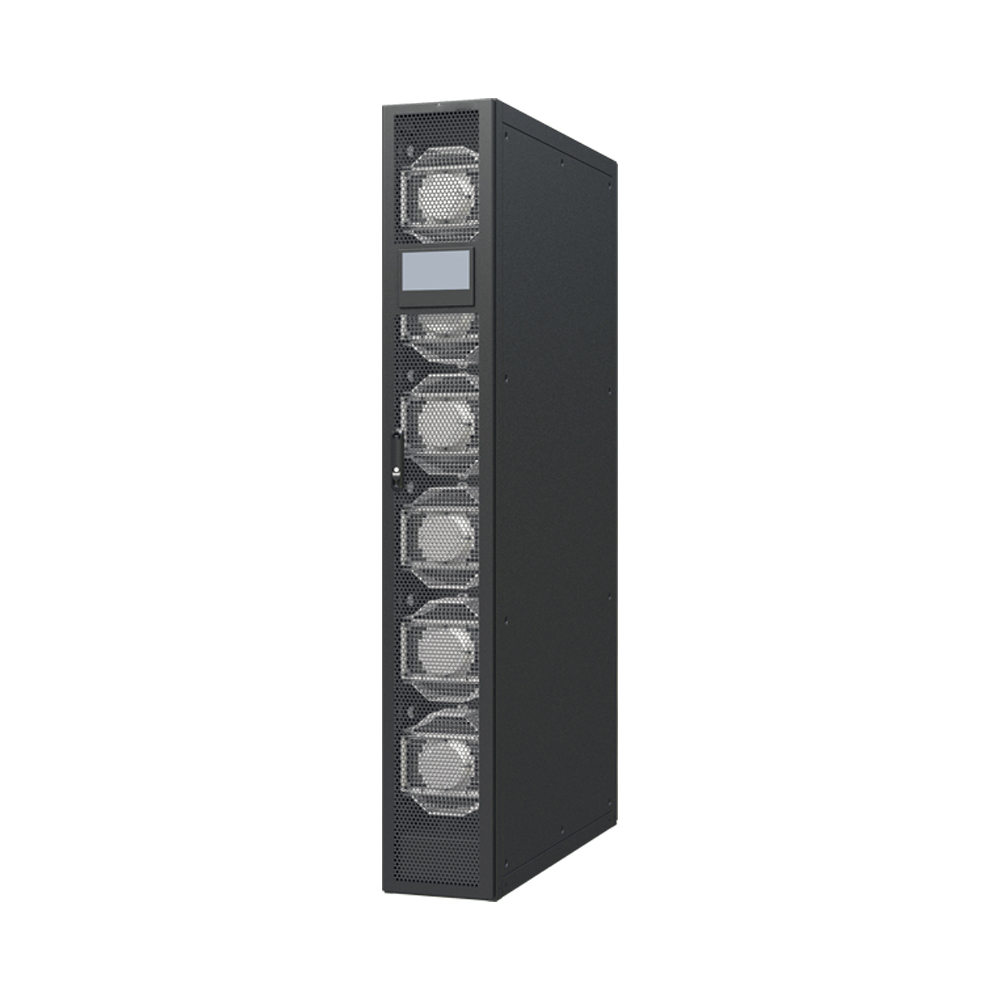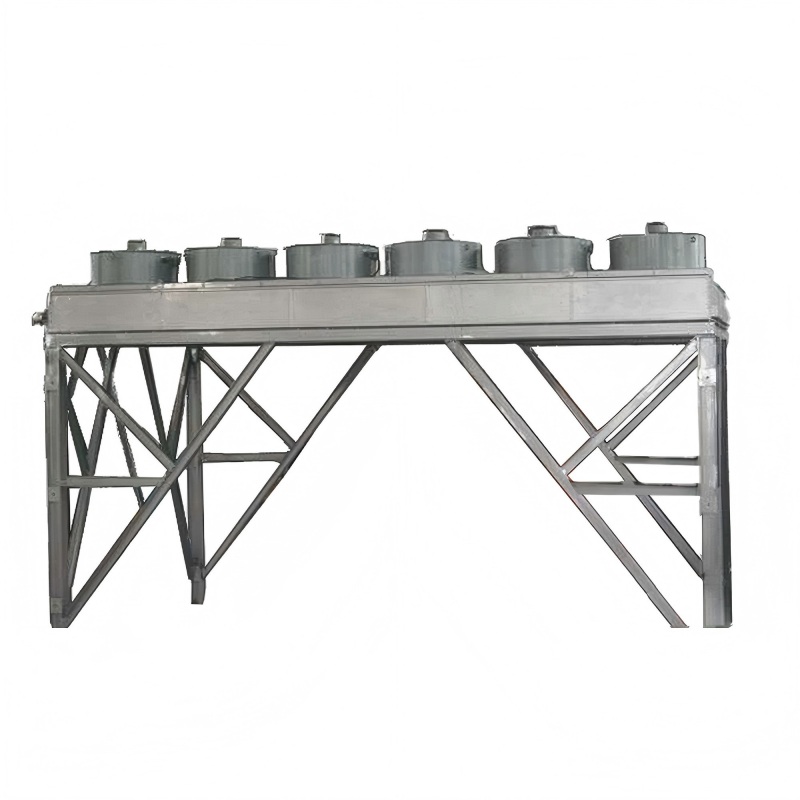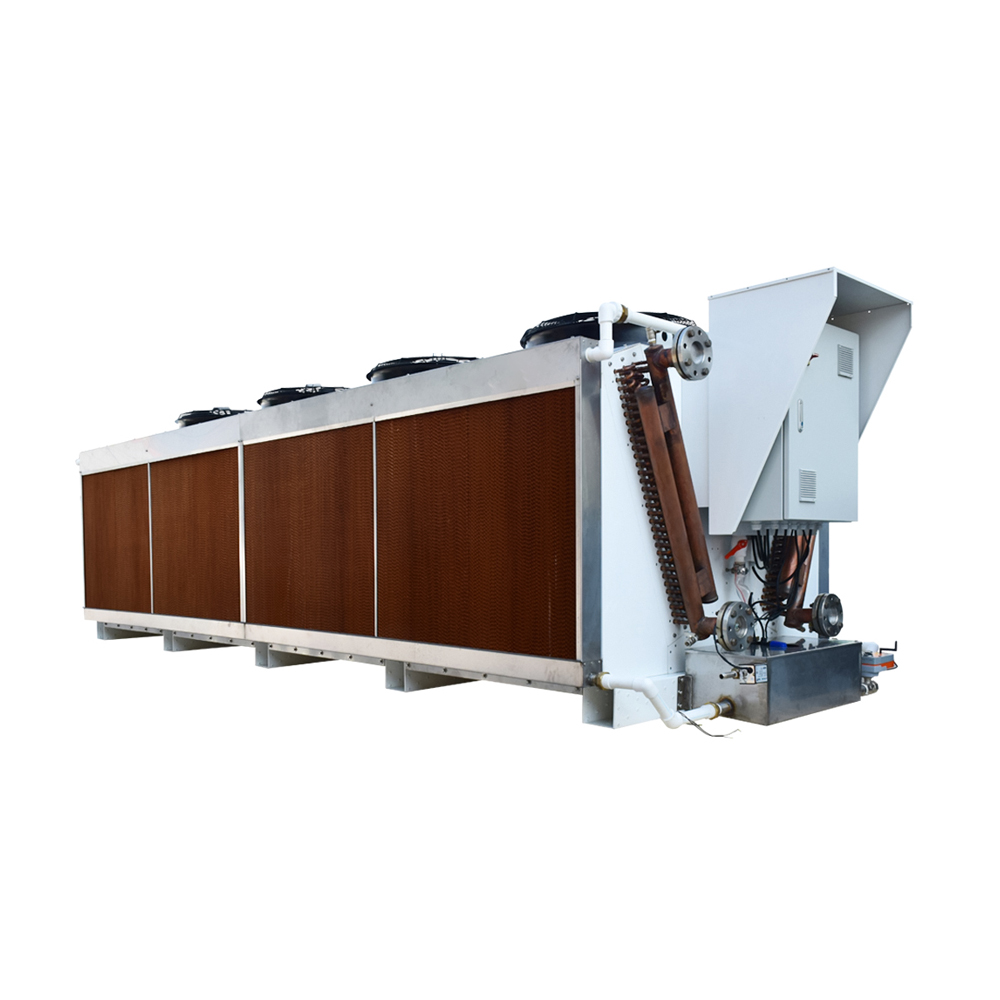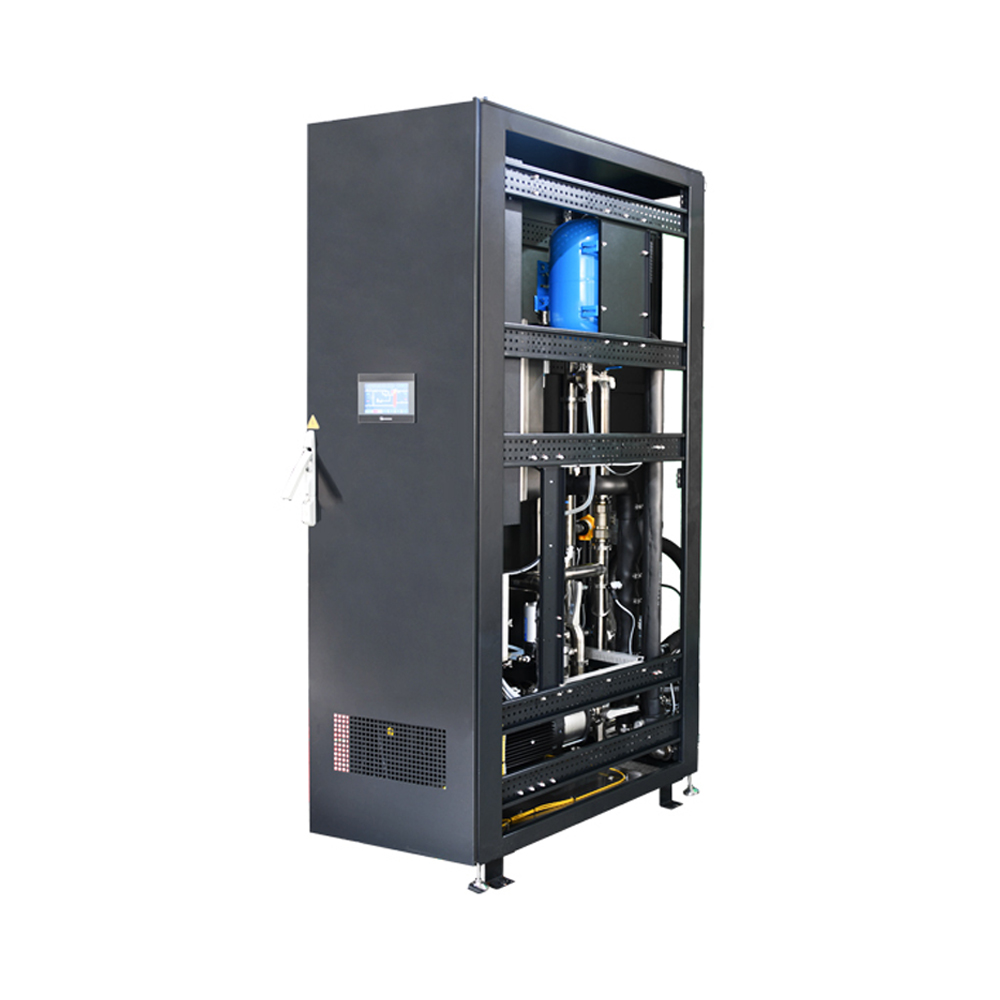This comprehensive guide explores condenser AC units, covering their types, functionalities, benefits, and selection criteria. Learn how to choose the perfect condenser AC for your needs, considering factors like capacity, energy efficiency, and installation.
What is a Condenser AC Unit?
A condenser AC unit, also known as an air conditioning condenser, is a crucial component of any air conditioning system. It's the outdoor unit responsible for releasing heat absorbed from inside your building. Unlike evaporative coolers, condenser AC units use a refrigerant cycle to cool the air. This cycle involves compression, condensation, expansion, and evaporation, efficiently removing heat from your space. The condenser's efficiency directly impacts the overall performance and energy consumption of your condenser AC system.
Types of Condenser AC Units
Condenser AC units come in various types, each designed for specific applications and cooling capacities. Common types include:
Split System Condenser AC Units
Split systems are the most common type, comprising an indoor evaporator coil and an outdoor condenser AC unit connected by refrigerant lines. They offer flexibility in placement and are suitable for various residential and commercial applications. Their modular design allows for efficient cooling solutions.
Packaged Condenser AC Units
Packaged units combine all components – evaporator, condenser, and compressor – in a single outdoor unit. They are ideal for smaller spaces or situations where a split system is impractical. They're generally less expensive to install than split systems.
Central Air Conditioning Systems
Central condenser AC systems consist of a large outdoor condenser AC unit connected to an extensive network of ductwork distributing cooled air throughout a building. This is typically seen in larger homes and commercial buildings. High efficiency and even cooling are key features.
Factors to Consider When Choosing a Condenser AC Unit
Selecting the right condenser AC unit depends on several factors:
Cooling Capacity (BTU/hr)
The British Thermal Unit (BTU) rating indicates the unit's cooling power. The required BTU depends on the space's size, insulation, and climate. A professional assessment can help determine the right capacity to ensure optimal cooling without overspending.
Energy Efficiency (SEER Rating)
The Seasonal Energy Efficiency Ratio (SEER) measures the unit's energy efficiency. Higher SEER ratings indicate greater energy savings over time. Choosing a high-SEER condenser AC unit can significantly reduce energy bills and your environmental impact. Look for units with SEER ratings of 16 or higher.
Noise Level
Consider the noise level, especially if the unit will be close to living areas. Quieter units improve comfort and reduce disturbance.
Maintenance and Repair of Condenser AC Units
Regular maintenance, including cleaning the condenser coils and checking refrigerant levels, is crucial for optimal performance and longevity. Ignoring maintenance can lead to reduced efficiency, increased energy consumption, and premature failure. Contact a qualified HVAC technician for regular servicing.
Choosing a Reliable Supplier
Partnering with a reputable supplier is key to ensuring a smooth installation and long-term support. Companies like Shanghai SHENGLIN M&E Technology Co.,Ltd offer high-quality condenser AC units and comprehensive services to guarantee customer satisfaction. They are known for their commitment to delivering advanced cooling solutions tailored to your needs.
Conclusion
Selecting the appropriate condenser AC unit requires careful consideration of your needs and environmental factors. By understanding the various types, evaluating your cooling capacity requirements, and prioritizing energy efficiency, you can ensure optimal cooling comfort and cost savings. Remember regular maintenance is crucial for maintaining the performance of your condenser AC system.









